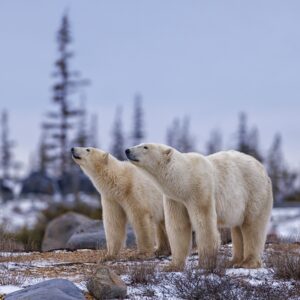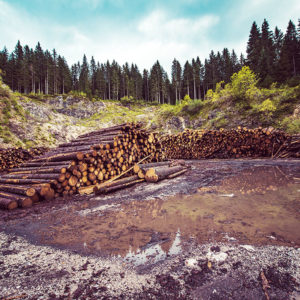Earth Hour – Lighting the way for change
What is Earth Hour?
The World Wildlife Fund (WWF) created Earth Hour, a movement seeking to shed a light on climate change.
In 2007, the world’s first Earth Hour took place in Sydney, Australia—thousands uniting and turning off their lights, a symbolic gesture demonstrating people care about climate change. Today, the movement has grown and spans all continents. With climate records continuing to be broken, now more than ever communities are uniting to show their support and to advocate for change.
This year, Earth Hour is being held on March 30th, at 8:30 p.m.
Why it’s important:
Climate change is a global issue with widespread repercussions. Earth Hour lets world leaders know people care about the issue and want to see policies change.
Though it started as a single-city event, today cities across the world hold events to show their support–each city fighting for the climate-related causes most affecting them. From promoting sustainable business practices to supporting policy changes calling for renewable energy, communities worldwide want to see change. Earth Hour helps raise their voices above the noise.
Some Facts about Earth Hour over the years:
- More than 170 countries participated
- More than 400 iconic landmarks switched off
- More than 6600 Earth Hour events were created
- More than 1.2 million individual actions were taken
- 7 countries were aiming for policy change
You can read more about Earth Hour on the Earth Hour website and blog.
What you can do:
Taking part is easy! Grab your candles, pull out a deck of cards and turn out the lights. Earth Hour at its core seeks to highlight how much electricity we use—so power off as much as possible and spend some quality time with family and friends.
What else?
Join the Earth Hour event on Facebook.
Find Earth Hour events near you, or create one of your own!



